What is Deep Diving?
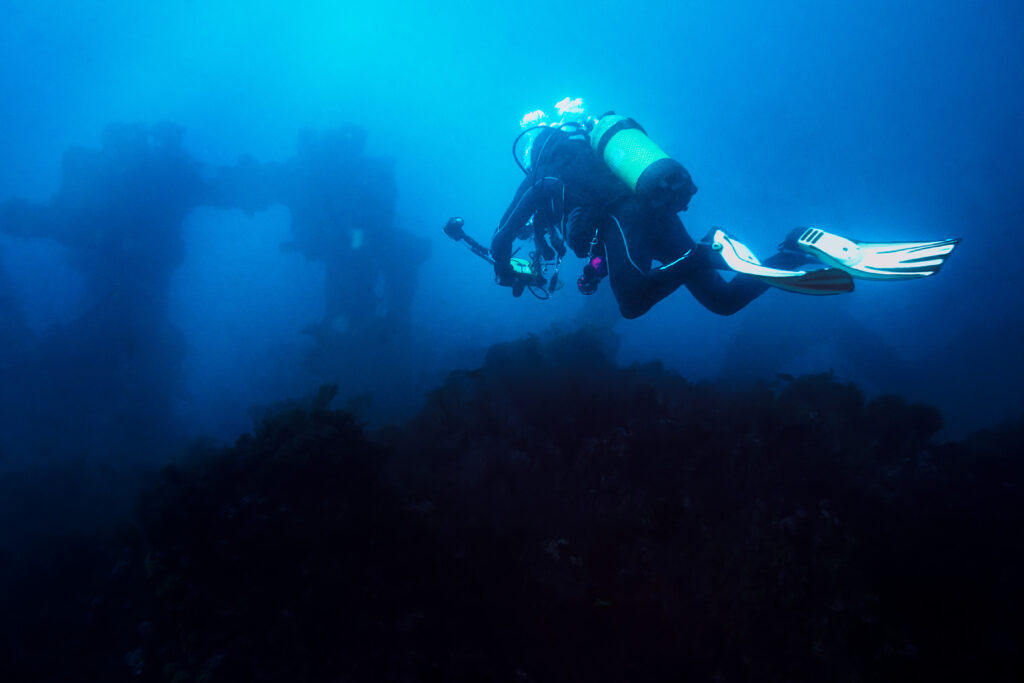
Deep diving is a specialized category of scuba diving that involves descending beyond 18 meters (60 feet) underwater.
What is a Air Compressor?

What is a Air Compressor? Diving beneath the ocean’s surface and exploring its hidden marvels is an exhilarating experience, the wonderment of which is enabled by the technologically advanced gear that divers wear. Among the critical components that ensure the safety and capability of these aquatic explorers is the air compressor—a fascinating piece of equipment […]
What is a Buoyancy Control Device (BCD)?
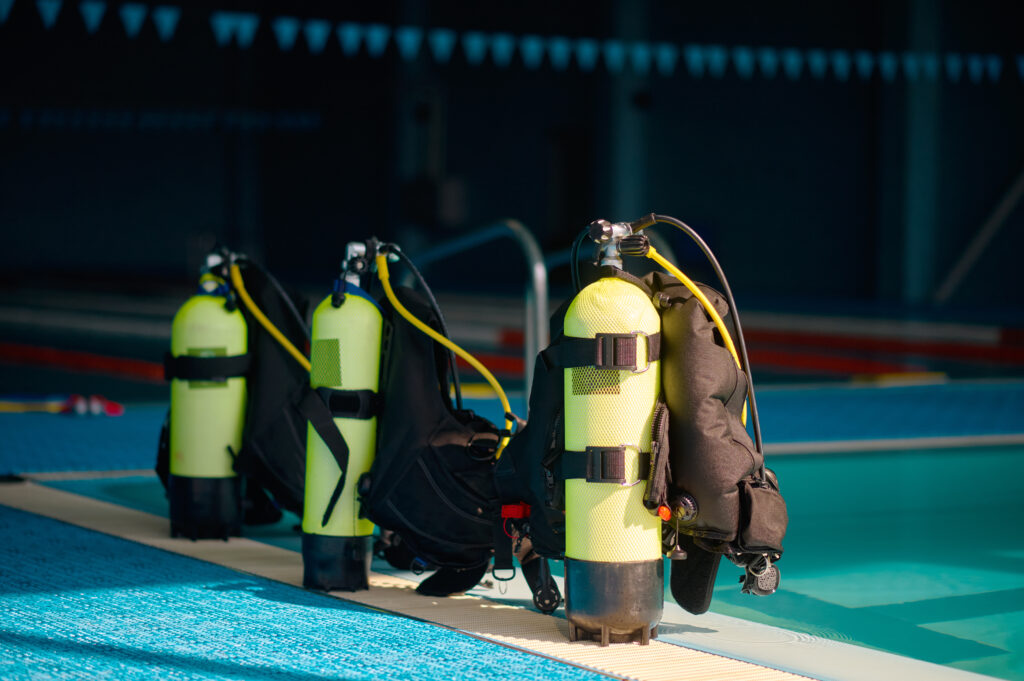
What is a Buoyancy Control Device (BCD)? A Buoyancy Control Device (BCD), also referred to as a Buoyancy Compensator (BC), is a vital piece of equipment for scuba divers. This inflatable vest, worn by divers, assists in maintaining buoyancy by enabling the diver to easily add or release air from the device. The BCD allows […]
What is a diving wetsuit?
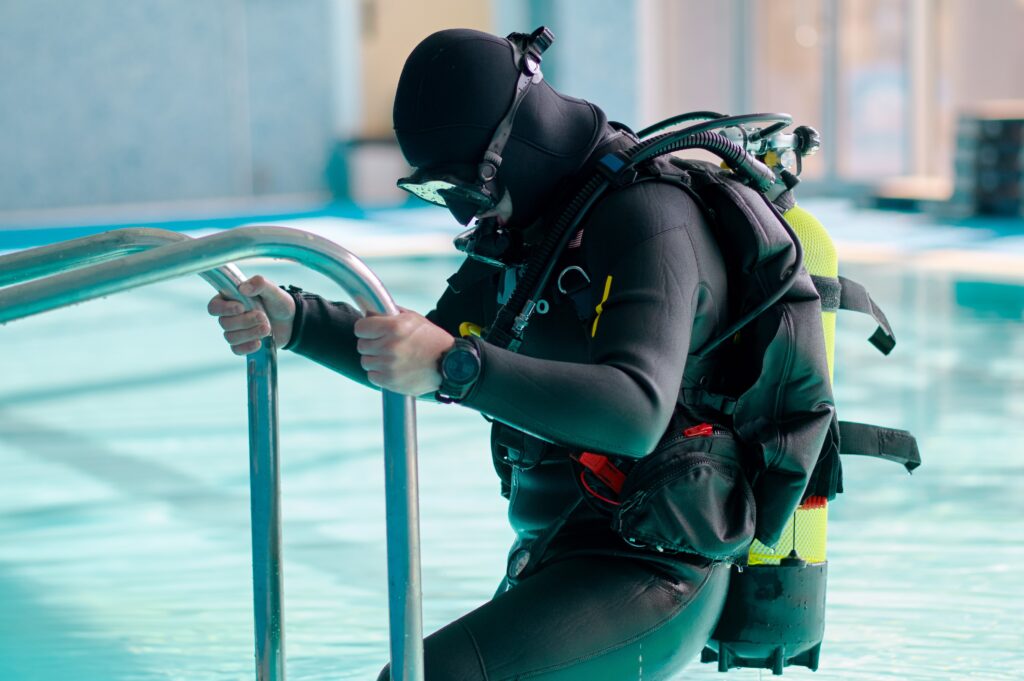
What is a diving wetsuit? A wetsuit is a specialized garment worn by divers and other water enthusiasts, designed to provide thermal insulation, protection from the elements, and buoyancy while submerged underwater. The purpose of a wetsuit is to allow the diver to maintain a comfortable body temperature in cold water environments by trapping a […]
What is the Association of SCUBA Service Engineers and Technicians?

The Association of SCUBA Service Engineers and Technicians (ASSET) is a professional organization that plays a crucial role in the global scuba diving industry. This association works in close cooperation with the Health and Safety Executive (HSE) to set and uphold competence standards for technicians who maintain and service scuba equipment. ASSET’s work ensures the highest levels of safety and operational excellence within the field of scuba servicing and engineering. Through its training programs and certifications, ASSET fosters professionalism among diving technicians, providing a trusted framework for safety in an industry where equipment reliability is paramount.
What is Acetal Resin?

Acetal resin, a high-performance polymer, has risen to prominence in the realm of scuba diving, revolutionizing various aspects of the sport. This powerful material, also known as polyoxymethylene (POM), is known for its extraordinary strength, resilience, and excellent dimensional stability, properties which have made it an ideal candidate to replace certain lightweight metals in many diving applications.
What is the Maximum Operating Depth?
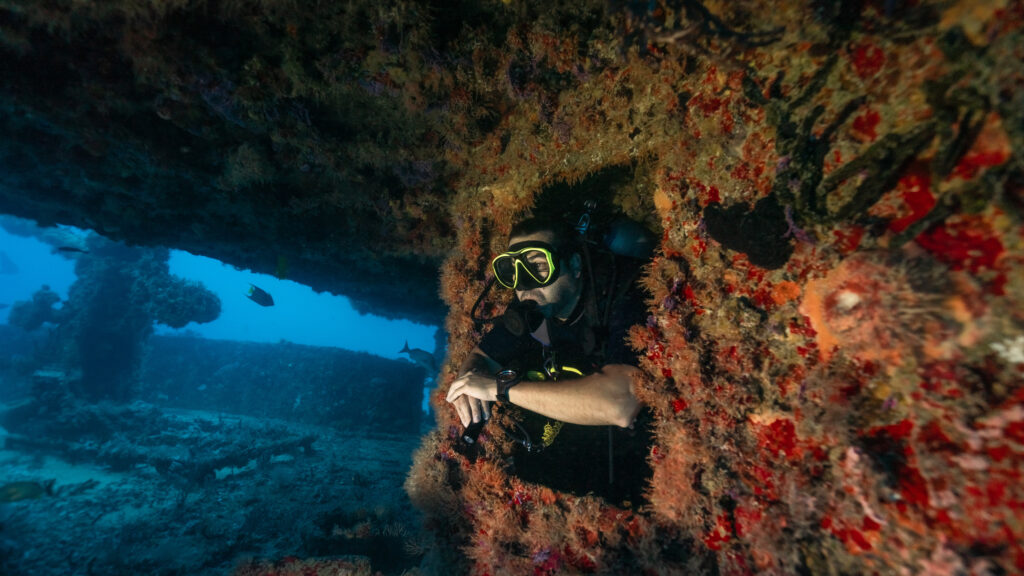
Maximum Operating Depth (MOD) is a critical concept in the field of scuba diving. It refers to the deepest depth at which a particular gas mixture can be used safely without the diver experiencing oxygen toxicity. Understanding and adhering to the MOD is essential for ensuring diver safety and preventing potentially life-threatening conditions. MOD varies depending on the gas mixture being used and is influenced by the partial pressure of oxygen within the breathing gas. By comprehending the significance of MOD, divers can plan their underwater excursions more effectively and reduce the risks associated with diving to greater depths.
What is a Drop Weight?
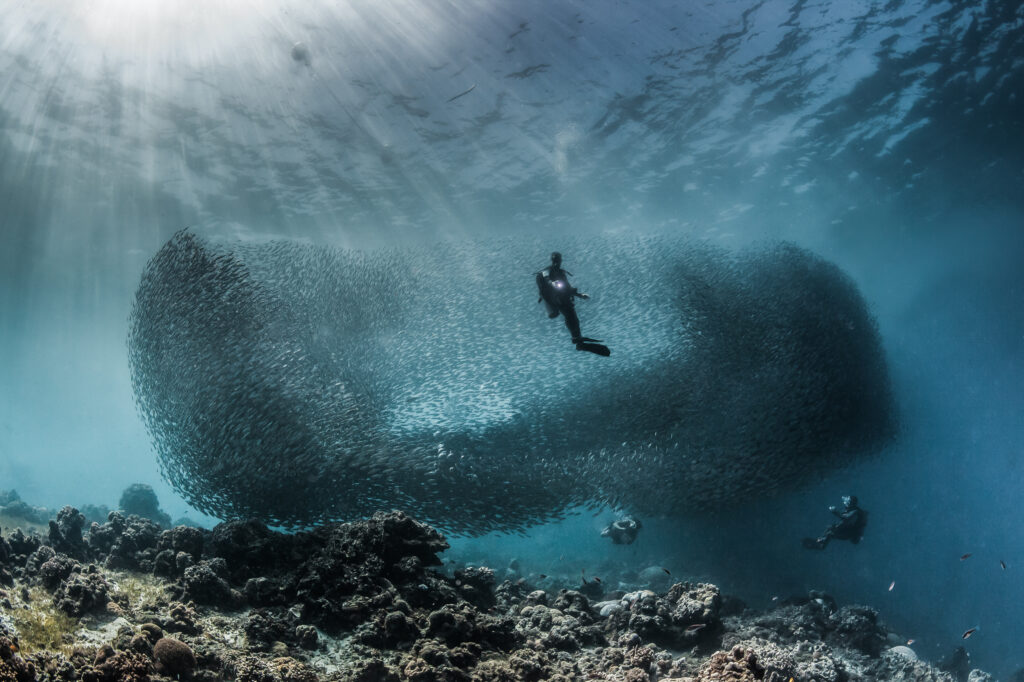
A drop weight, a fundamental tool in scuba diving, plays a crucial role in managing a diver’s buoyancy. By adding or removing weight, divers can achieve neutral buoyancy, allowing them to maintain a stable position underwater without floating upwards or sinking uncontrollably. This balance is essential for conserving energy, enhancing underwater navigation, and ensuring safety during a dive. Drop weights can be attached to a diver’s belt, integrated into buoyancy control devices (BCDs), or even strapped to ankles, depending on individual preferences and specific diving conditions.
What is Open Circuit Scuba?

Open circuit scuba diving is a method of underwater diving in which the diver breathes from a tank of compressed gas and exhales directly into the water. This system is contrasted with closed-circuit systems, where exhaled gas is recycled and re-breathed. Open circuit scuba is the most common and widely used system in both recreational and professional diving. It is valued for its simplicity, reliability, and the extensive training programs available to certify divers. The ease of use and availability of open circuit scuba equipment have made it a cornerstone of underwater exploration.
What is a Dive Operator?
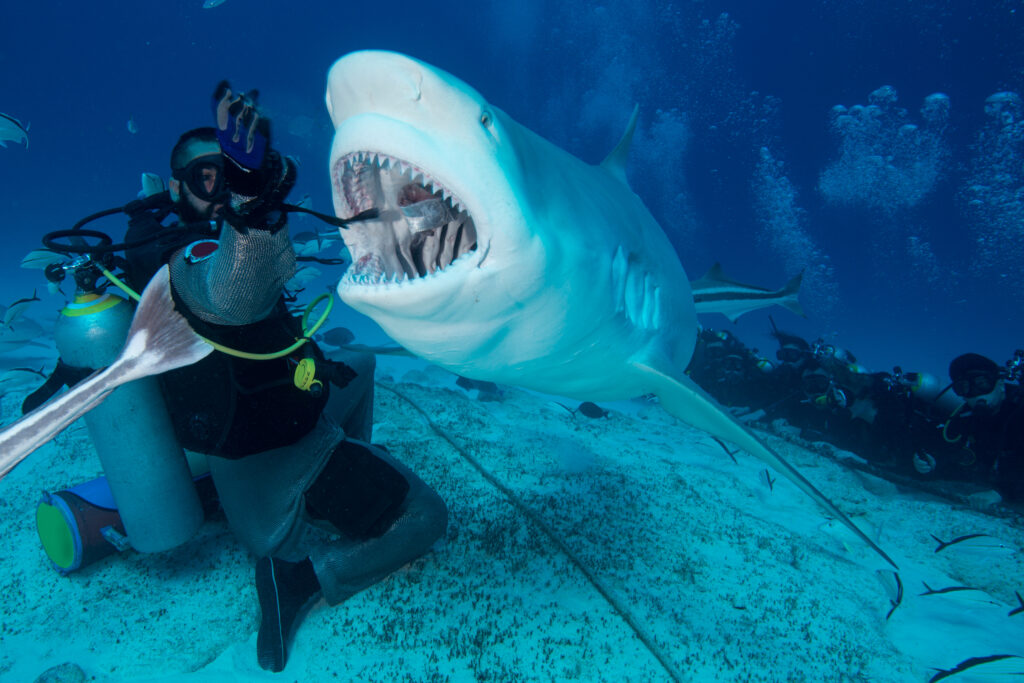
A dive operator is a professional entity responsible for organizing and facilitating scuba diving activities for individuals and groups. Dive operators play a crucial role in ensuring safe, enjoyable, and educational experiences for both novice and experienced divers. They provide a wide range of services, including equipment rental, guided dives, training courses, and logistical support for dive trips. As central figures in the scuba diving industry, dive operators are essential for maintaining high standards of safety and environmental stewardship. Their expertise and resources enable divers to access and enjoy underwater environments that might otherwise be difficult to reach or navigate.
